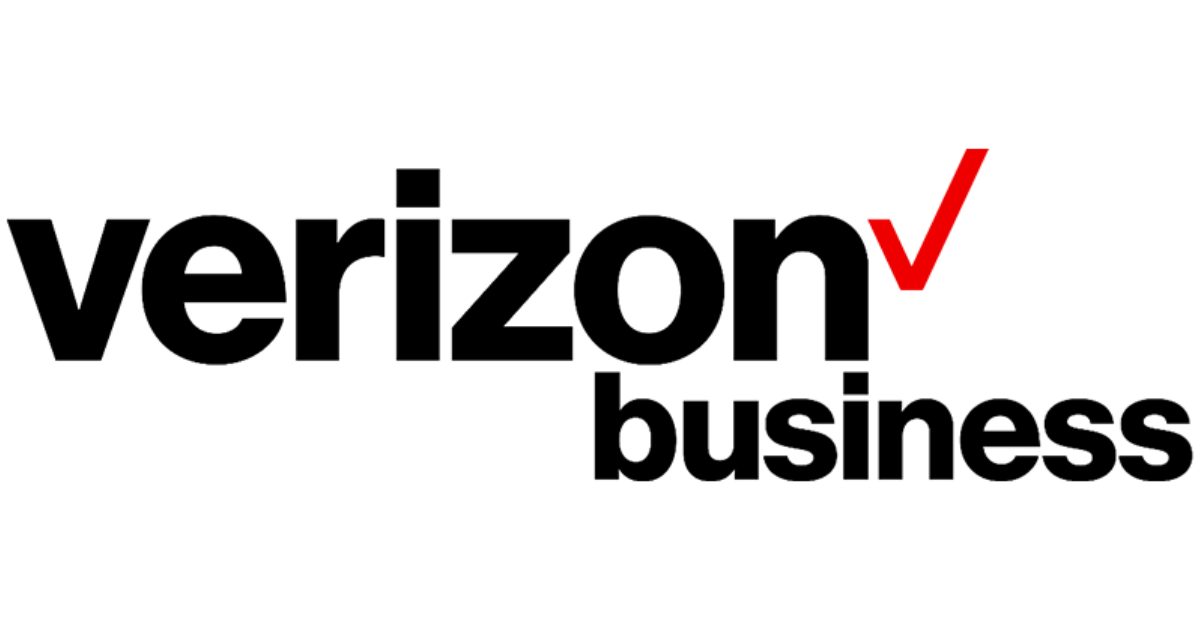Medium Business Internet
Find the perfect internet solution for your medium-sized business with 11-50 employees. Compare reliable providers with plans designed for growing businesses.
Speak with a Business Internet Specialist:
(800) 123-4567
Medium Business Internet Needs
How Much Speed Do You Need?
Medium-sized businesses with 11-50 employees typically need:
- 200-500 Mbps for standard operations (multiple users, cloud applications, video conferencing)
- 500-1000 Mbps for intensive usage (large file transfers, multiple cloud services, many simultaneous users)
- 1 Gbps+ for data-intensive operations (media production, software development, heavy cloud usage)
For medium businesses, symmetrical speeds (equal upload and download) are increasingly important for cloud services, backups, and video conferencing.
Essential Features for Medium Businesses
- Dedicated bandwidth: Guaranteed speeds even during peak hours
- Strong SLAs: 99.99%+ uptime guarantees with financial compensation for outages
- Multiple static IPs: For hosting various services and applications
- Enhanced security: DDoS protection, advanced firewalls, and security monitoring
- Priority support: 24/7 technical assistance with rapid response times
- Scalability: Ability to quickly increase bandwidth as your business grows
- Backup connections: Secondary connections for redundancy
Top Medium Business Internet Providers

Verizon Business
Verizon Business provides reliable fiber and wireless internet services, including Fios and LTE Busi...
Internet Solutions for Medium Businesses
Dedicated Fiber
A dedicated fiber connection provides the highest level of performance and reliability for medium businesses.
- Symmetrical speeds up to 10 Gbps
- Dedicated bandwidth not shared with other businesses
- Lowest latency for real-time applications
- Highest reliability with 99.99%+ uptime
- Ideal for businesses with multiple locations or heavy cloud usage
SD-WAN Solutions
Software-defined wide area network (SD-WAN) solutions optimize connectivity for businesses with multiple locations.
- Intelligent traffic routing across multiple connections
- Improved application performance
- Centralized management and visibility
- Enhanced security features
- Reduced costs compared to traditional MPLS
Managed Security
Comprehensive security solutions to protect your business internet connection from threats.
- Advanced firewall protection
- DDoS mitigation
- Intrusion detection and prevention
- Content filtering and malware protection
- 24/7 security monitoring and response
Get Expert Help Finding the Right Medium Business Internet Solution
Our business internet specialists will help you find the perfect plan for your growing business needs.
Request Medium Business Internet Information
Medium Business Internet FAQs
Yes, medium-sized businesses with 11-50 employees should strongly consider dedicated internet access (DIA) for several reasons:
- Guaranteed bandwidth that isn't shared with other businesses or residential users
- Symmetrical speeds with equal upload and download capacity, crucial for cloud services
- Superior reliability with uptime guarantees of 99.99% or higher
- Better SLAs with financial compensation for outages
- Priority support with faster response and resolution times
While dedicated internet typically costs more than shared business internet, the improved reliability and performance are usually worth the investment for medium-sized businesses that rely heavily on internet connectivity for daily operations.
For medium-sized businesses, internet redundancy is crucial for business continuity. Consider these options:
- Secondary wired connection: A backup connection from a different provider using a different technology (e.g., fiber primary with cable backup)
- 4G/5G failover: Wireless backup that automatically activates if your primary connection fails
- SD-WAN solutions: Technology that can intelligently route traffic across multiple connections
- Load balancing: Distribute traffic across multiple connections for both redundancy and increased bandwidth
Additionally, implement these best practices:
- Regularly test your failover systems
- Develop a business continuity plan for internet outages
- Consider cloud-based applications that can be accessed from alternative locations
- Ensure critical systems have offline capabilities when possible
Medium-sized businesses should prioritize these security features in their internet plans:
- DDoS protection: Defends against distributed denial-of-service attacks that can take down your internet connection
- Advanced firewalls: Business-grade firewalls with intrusion detection and prevention
- Content filtering: Blocks malicious websites and inappropriate content
- VPN capabilities: Secure remote access for employees working outside the office
- Malware and ransomware protection: Scans traffic for threats before they reach your network
- Security monitoring: 24/7 monitoring for suspicious activity
- Email security: Protection against phishing and email-based threats
Many providers offer tiered security packages that can be added to your internet plan. Consider working with a managed security service provider (MSSP) for comprehensive protection, especially if you handle sensitive data or must comply with industry regulations.
Medium-sized businesses with multiple locations should consider these connectivity options:
- SD-WAN (Software-Defined Wide Area Network): Modern solution that intelligently routes traffic across multiple connection types, optimizing performance and providing redundancy
- MPLS (Multiprotocol Label Switching): Traditional private network solution that provides secure, reliable connections between locations with guaranteed performance
- Site-to-site VPN: More affordable option that creates secure tunnels between locations over the public internet
- Metro Ethernet: High-speed connectivity for locations in the same metropolitan area
When connecting multiple locations, consider:
- Working with a single provider that can service all locations for simplified management
- Implementing centralized management for network visibility across all sites
- Ensuring consistent security policies across all locations
- Planning for scalability as your business adds more locations
When upgrading your internet as your business grows from small to medium-sized, consider these factors:
- Bandwidth needs: Assess your current usage and project future needs based on growth plans
- Connection type: Consider upgrading from cable or DSL to fiber for better reliability and symmetrical speeds
- Dedicated vs. shared: Evaluate whether dedicated internet access is now necessary for your operations
- Network infrastructure: Upgrade internal networking equipment (routers, switches, access points) to handle increased bandwidth
- IP address requirements: Secure additional static IP addresses for new services or applications
- Enhanced SLAs: Negotiate stronger service level agreements with financial guarantees
- Redundancy: Implement backup connections for business continuity
- Security: Enhance security measures to protect more users and data
Work with a business internet specialist who can assess your specific needs and help you plan a scalable solution that will accommodate your continued growth.